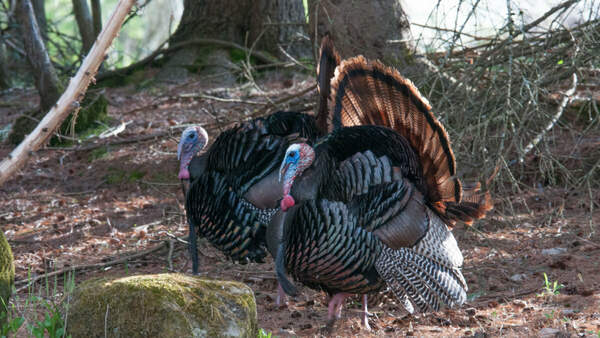Game Wardens Announce Recruitment Criteria, Schedule Public Information Meetings
MONTPELIER, Vt. — The Vermont Warden Service will be holding three public information meetings this month to raise awareness about updated recruitment criteria.
These include:
-
a bachelor's degree from an accredited college or university in any field of study; or,
-
an associate's degree in natural resources, biology or life sciences, or criminal justice, and three years of full-time work experience; or,
-
a high school diploma or equivalent, and four years of law enforcement service or active-duty military service; or
-
a high school diploma or equivalent, and five years of full-time work experience.
Previously, game warden trainee applicants without law enforcement or military service required both a high school diploma or equivalent, and natural resources professional experience or 60 college credits in a related field, to qualify. Those with law enforcement or military service were only required to have served two years, instead of four.
"We want the Vermont Warden Service to be accessible from any of the many paths applicants may have followed to develop relevant skills," said game warden colonel Justin Stedman. "At the same time, we want to ensure that applicants have sufficient depth of experience to be successful wardens. These updates should open doors to a more diversely qualified applicant pool."
Public information meetings on the updated recruitment criteria will be held at:
-
the Barre Fish and Game Club, Gun Club Road, Barre, VT 05641, from 6-8 pm on April 18
-
the Orvis Store, 4180 Main Street, Manchester, VT 05254, from 6-8 pm on April 20
























